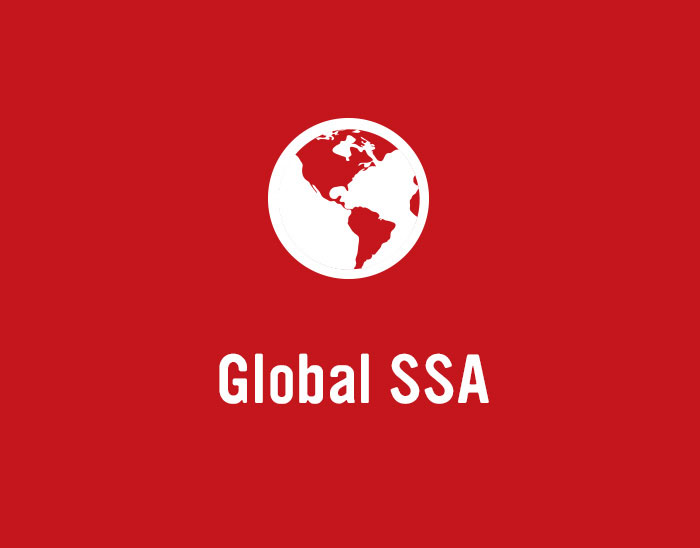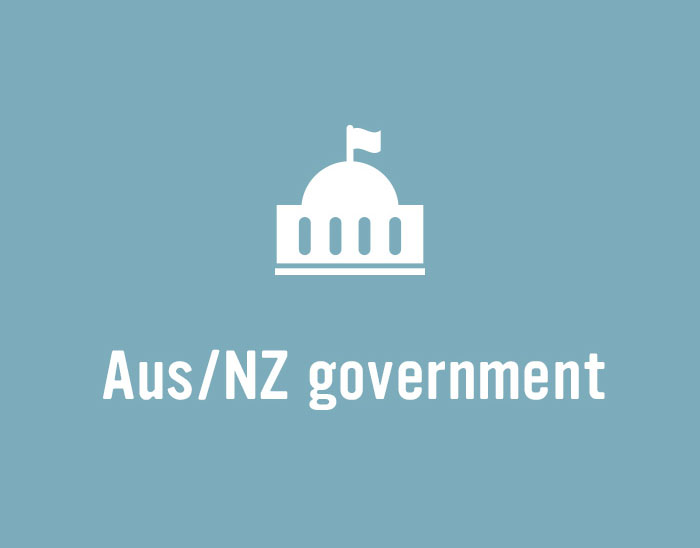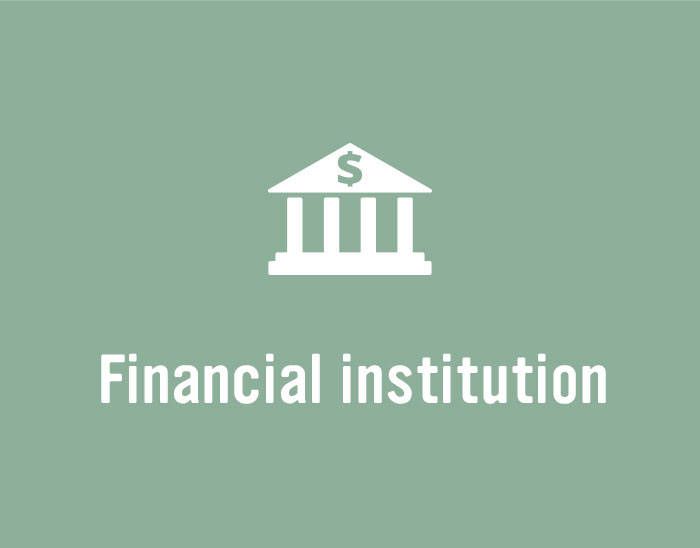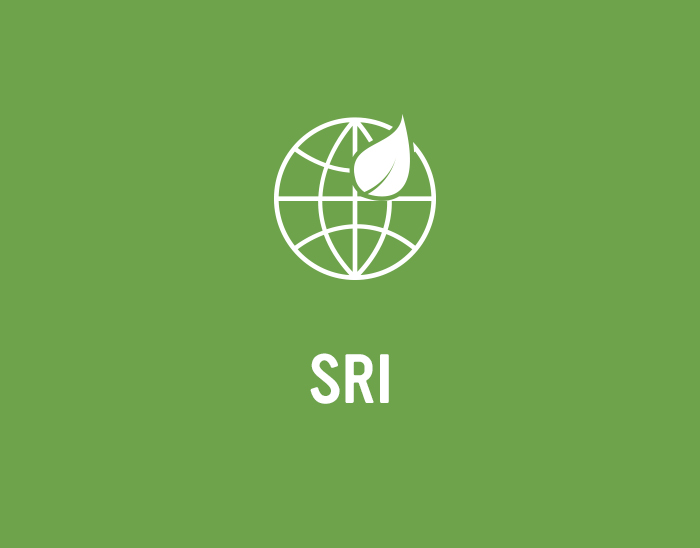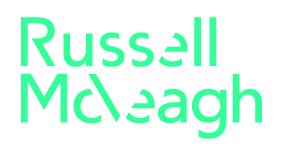Latest News
On 29 January, Queensland Treasury Corporation (QTC) (AA+/Aa1) launched a new, syndicated domestic floating-rate note (FRN) transaction, due February 2023. The forthcoming deal has indicative price guidance of 20-22 basis points area over three-month BBSW and is 144a eligible. Pricing is expected on or before the day after launch, according to lead managers ANZ and Commonwealth Bank of Australia.
On 29 January, ANZ Banking Group (ANZ) (AA-/Aa3/AA-) mandated a self-led, Australian dollar denominated transaction, comprised of three- and five-year tranches. The three-year tranche will be in floating-rate format, while the five-year tranche will come in either or both fixed- and floating-rate formats. The deal is expected to launch and price in the near future.
Export Development Canada priced its largest-ever Kauri deal in the third full week of January, with a NZ$650 million (US$439.2 million) increase to its November 2023 line. Meanwhile, Australian market deal flow was highlighted by Northern Territory Treasury Corporation's A$600 million eight-year syndicated transaction.
A growing body of evidence suggests good environmental, social and governance practices correlate strongly with superior corporate performance. Kathryn McDonald, San Francisco-based head of sustainable investing at quantitative fund manager AXA Investment Management Rosenberg Equities, has completed a study that concludes gender diversity on corporate boards is a predictor of improved earning quality. She discusses her findings with KangaNews.
The UN Sustainable Development Goals (SDGs) are often viewed through the lens of investment objectives. But, says Alex Struc, if we all take a step back a vastly more expansive canvas will be revealed that speaks to the swathe of modern human history.
Historically, institutional investors have focused on companies’ financial strategies and outcomes while taking a more laissez-faire approach to governance issues. But a new spotlight on governance in Australia means investor engagement with the topic is rising – and corporations are responding.
Doris Kramer, vice president and head of investment strategies, sustainability at KfW Bankengruppe in Frankfurt, and Isabelle Laurent, London-based deputy treasurer and head of funding at European Bank for Reconstruction and Development – the coordinators of the Green Bond Principles (GBPs) working group on impact reporting – share views on enhancing the credibility of the green-bond market.
Asia is at the forefront of requirements for sustainable finance globally – Asian Development Bank (ADB) estimates the region needs US$1.7 trillion of new infrastructure every year until 2030 to pave the way for a sustainable future, for instance. John Eagleton and Philip Harvey, partners at King & Wood Mallesons (KWM) in Sydney, share a perspective into regional market evolution and what Australia can learn from its neighbours.
Offshore investor participation surprised to the upside in Export Development Canada (EDC)’s latest Kauri deal. While the rates differential between the US and New Zealand has tended to dampen international demand for New Zealand dollars of late, the Canadian issuer found an uptick in the global bid thanks to a favourable relative-value proposition.
More than a year into the coalition government’s term in office in New Zealand and the Green Party’s influence on the administration is beginning to be felt. Guy Lethbridge, partner at Russell McVeagh in Wellington, discusses government and private-sector initiatives designed to support New Zealand’s transition to a net-zero-emissions economy by 2050.


